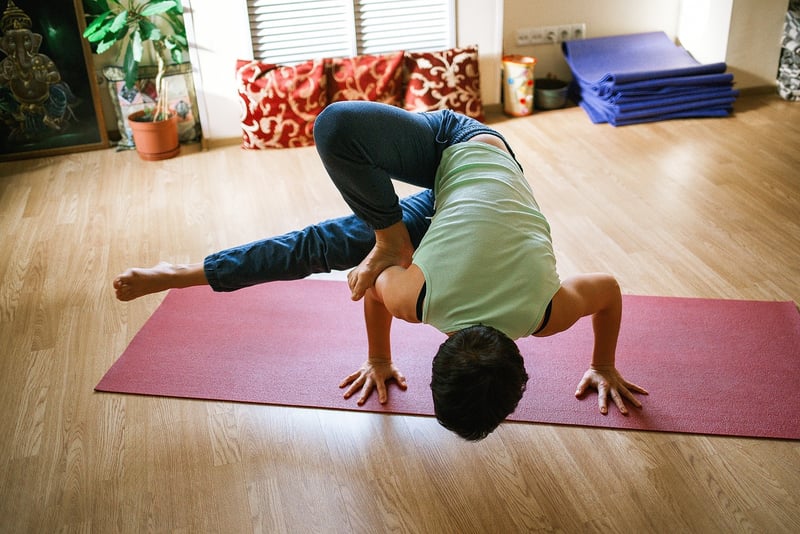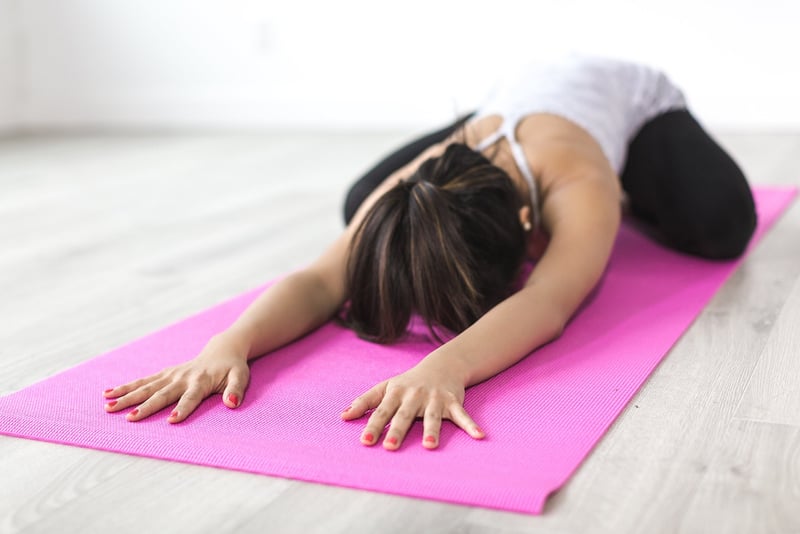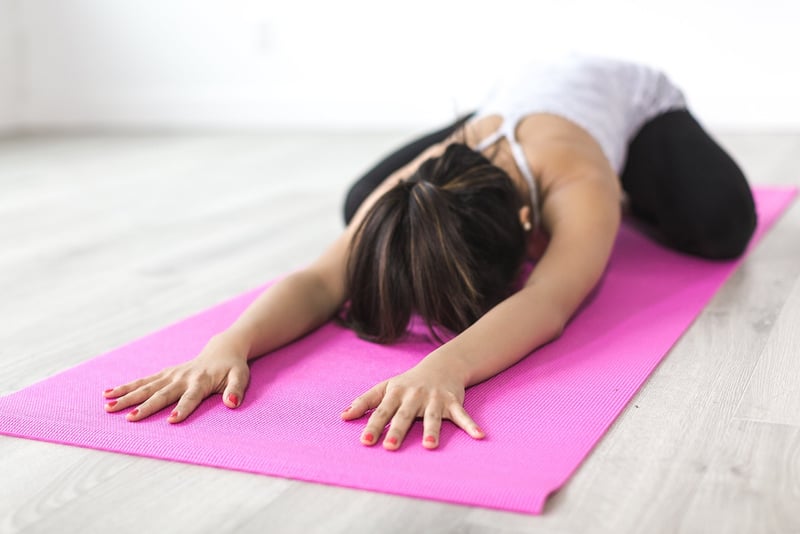Restorative Practice
The Importance of Physical & Mental Wellness with Restorative Practices

Introduction
In today's fast-paced world, maintaining a balance between physical and mental well-being is crucial for overall health. Incorporating restorative practices into your routine can help achieve this equilibrium. Let's explore the significance of physical & mental wellness along with the benefits of restorative practices.
Physical Wellness
Physical wellness refers to taking care of your body through exercise, proper nutrition, and adequate rest. Regular physical activity, such as yoga, jogging, or strength training, can improve cardiovascular health, strengthen muscles, and enhance flexibility. It also releases endorphins, known as "feel-good" hormones, which can boost mood and reduce stress.
Image Credit: Source

Mental Wellness
Mental wellness involves taking care of your emotional and psychological well-being. Practices like mindfulness meditation, journaling, or seeking therapy can help manage stress, anxiety, and improve overall mental health. Prioritizing mental wellness is essential for a balanced and fulfilling life.
Image Credit: Source

Restorative Practices
Restorative practices focus on relaxation and rejuvenation to counteract the effects of daily stressors. This can include activities like deep breathing exercises, gentle stretching, or spending time in nature. By incorporating restorative practices into your routine, you can promote healing, reduce tension, and enhance overall well-being.
Image Credit: Source

Conclusion
Embracing physical & mental wellness alongside restorative practices is key to leading a healthy and harmonious life. By nurturing both your body and mind, you can cultivate resilience, reduce the impact of stress, and enhance your overall quality of life. Make self-care a priority and reap the benefits of a balanced and rejuvenated lifestyle.
